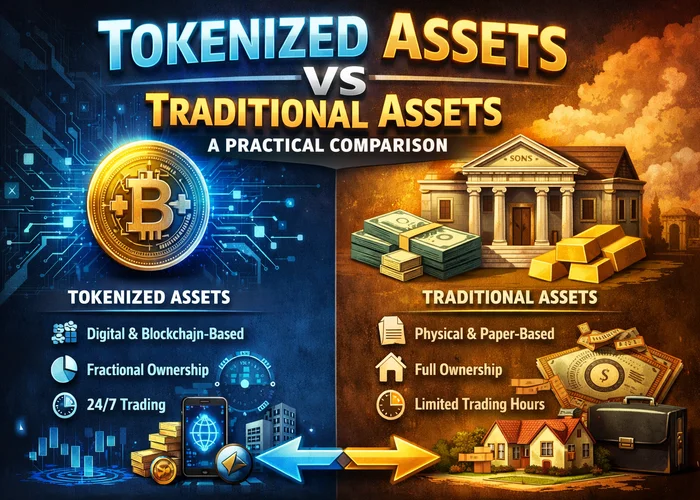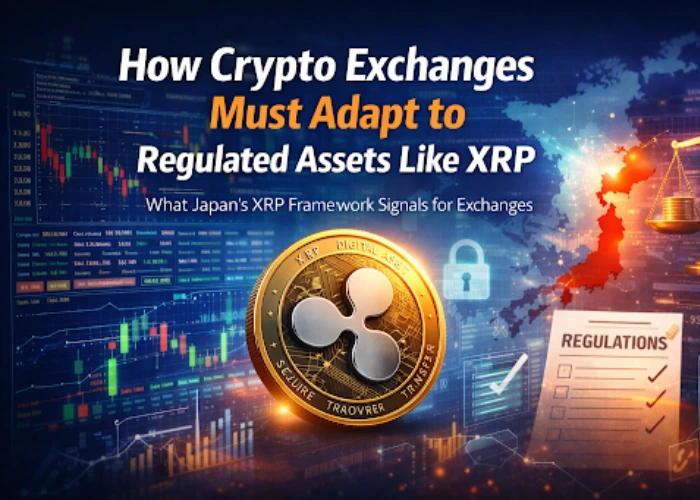Blockchain consultants are being sought after by supply chain businesses more and more to improve security, efficiency, and openness inside their operations. With an immutable and distributed ledger system provided by blockchain technology, commodities can be tracked in real-time, fraud can be minimized, and supply chain operations can be streamlined all around. Specializing in helping companies through the integration of blockchain solutions catered to their particular requirements, consulting companies like Chainyard.
Furthermore, transforming supply chain management is the combination of blockchain with artificial intelligence (AI). Blockchain consultants are helping artificial intelligence development firms produce intelligent systems able to perform predictive analytics, demand forecasting, and autonomous decision-making. For example, Aera Technology’s cognitive automation system increases operational efficiency and responsiveness by using artificial intelligence to make mass, real-time supply chain decisions.
Supply chains can use blockchain technologies and artificial intelligence, integrated by working with leading AI development businesses. More strong and flexible supply chains made possible by this synergy allow one to react quickly to changes in the market and disturbances. For businesses trying to keep a competitive edge in the complicated worldwide market of today, consulting with professionals in both blockchain and artificial intelligence has thus become a strategic need.
Benefits of Implementing Blockchain in Supply Chain Management
1. Enhancing Transparency and Traceability
2. Improving Efficiency and Reducing Costs
3. Ensuring Compliance and Authenticity
4. Facilitating Collaboration Among Stakeholders
5. Leveraging Expertise of Blockchain Consultants
6. Addressing Regulatory and Reporting Challenges
7. Integrating Advanced Technologies
8. Adapting to Industry-Specific Requirements
9. Enhancing Data Security
10. Preparing for Future Trends
Blockchain for Supply Chain
From what we know, a new generation of supply chains will be built mostly on blockchains. The technologies are ready right now. For most suppliers and customers, it could take some time to link into new blockchain-based business networks. Starting today, nevertheless, will help one develop a competitive edge.
Our team is eager to work with you and your partners to examine the main supply chain issues you have and take into account blockchain-based business network possibilities to solve them. For worldwide manufacturers, we have already effectively put blockchain-based supply chain solutions into use. For further information on how we can assist you to begin blockchain technology supply chain transformation.
Understanding the Basics of Blockchain Technology
Blockchain technology is a decentralized digital ledger that records transactions in a secure and transparent manner. Initially introduced in 2008 as the foundation for Bitcoin, blockchain has since evolved into a transformative tool across various industries, including supply chain management and blockchain-based solutions.
The structure of blockchain consists of blocks that are linked together chronologically, forming an immutable chain. Each block contains a set of verified transactions, validated by network participants known as nodes. Once a block is added to the chain, it cannot be altered or deleted, ensuring data integrity and security.
One of the primary advantages of blockchain in supply chains is decentralization. Unlike traditional centralized databases, which are controlled by a single entity, blockchain technology allows multiple parties within a supply chain network to verify transactions and maintain records transparently. This eliminates single points of failure and enhances trust among stakeholders.
Security is another key advantage of blockchain technology in the supply chain. The use of cryptographic techniques ensures that once data is recorded on the blockchain, it cannot be modified without consensus from all participants. This feature makes it highly resistant to cyber threats, reducing fraud and manipulation in supply chain transactions.
There are different types of blockchain management solutions used in supply chain systems:
- Public Blockchains—Open to anyone, allowing unrestricted participation in transaction validation.
- Private Blockchains— Restricted to authorized entities, ensuring that only selected participants can access and modify the records.
- Consortium Blockchains—A hybrid model where multiple organizations share control over the network, improving transparency while maintaining privacy.
By integrating blockchain technology in the supply chain, businesses can track products in real-time, reduce inefficiencies, prevent counterfeiting, and improve regulatory compliance. Its ability to streamline operations while enhancing transparency and trust makes blockchain an essential tool for modern supply chain management.
Adopting blockchain technology can position companies as industry leaders committed to innovation and transparency. This competitive edge can attract more business opportunities and strengthen partnerships within the supply chain network.
Incorporating blockchain technology in supply chain management not only addresses existing challenges but also paves the way for a more efficient, secure, and transparent supply chain ecosystem. As industries continue to evolve, embracing blockchain can lead to sustainable growth and enhanced stakeholder trust.








